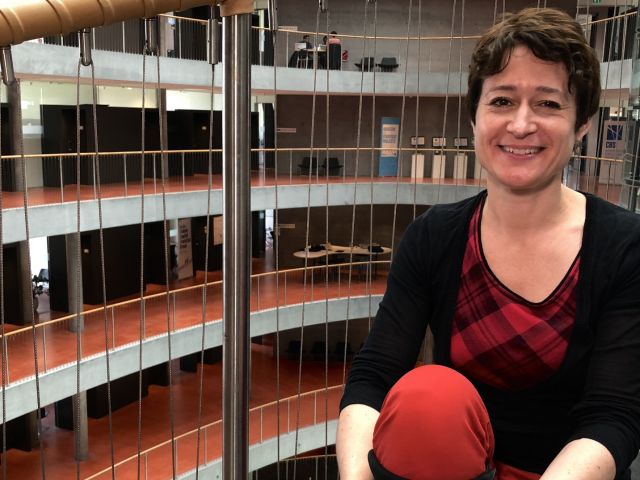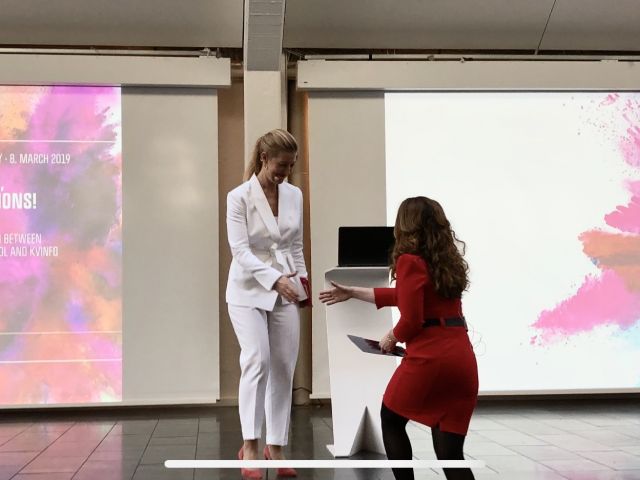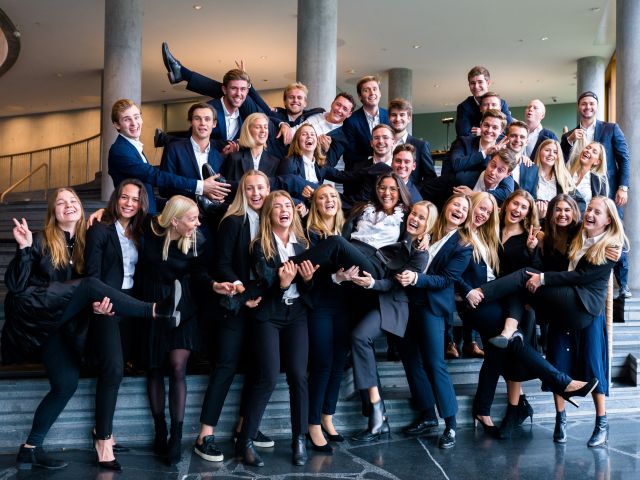Can a new research program for women close the gender gap among researchers?

At CBS, less than 25 percent of the professors are women. A new research program launched by the Independent Research Fund Denmark aims to change the imbalancel. (Photo: Shutterstock)
The new, national Inge Lehmann Research Program aims to pave the way for more women to reach the top in academia. The program includes DKK 19.7 million that female researchers can apply for. The Vice Dean of Research at CBS praises the focus on women but claims much more is required to reduce the gender gap.
Only 23 percent of Denmark’s 2,500 professors at the Danish universities are women. At CBS, the share of female professors is about the same. In order to level out the imbalance between the genders in academia, the Minister for Higher Education and Science, Ane Halsboe-Jørgensen, has allocated DKK 19.7 million to a research program named after the Danish researcher Inge Lehmann.
From now until March 26, researchers from all fields can apply for money for research projects via the Independent Research Fund Denmark (DFF). However, applications from women will be prioritized over their male colleagues. (See fact box)
“I hope that with the Inge Lehmann program we can balance the sexes at the universities better. Danish research needs both men and women, and the program will make a difference. Both for the concrete research projects, but also in the form of a signaling effect,” says Ane Halsboe-Jørgensen in a press release from the ministry.
Vice Dean of Research at CBS Nanna Mik-Meyer welcomes the program, which she hopes will trigger a cultural change among the foundations that grant funding to researchers.
“All initiatives that aim to turn the focus on the gender imbalance in academia are highly appreciated. But, of course, when you look at the figures, it’s DKK 19.7 million for four to six projects in DFF, so it’s obvious those six women will not to make a big difference on the gender imbalance. What may make a difference is the attention that the Inge Lehmann Program can draw to the issue,” she says and adds:
“And lastly, it shows that politicians are also aware of the problem.”
More women need to apply for grants
The program is run by the Independent Research Fund Denmark (DFF), and in order to access funding from the Inge Lehmann Program, researchers must already have applied for the Sapere Aude grant.
Sapere Aude, one of the most prestigious grants, is given to “particularly talented young researchers who are capable of leading more participants in a research project at high international level,” it says on DFF’s website.
And this gives rise to some issues, explains Nanna Mik-Meyer.
“The program will not prompt new applications from female researchers as the deadline is in March. And we need new applicants. We need to ensure that all talented researchers – women and men – in academia apply for grants, because that’s important in order to climb the career ladder,” she says and continues:
“If women don’t apply, it stands to reason that they will not get the grants.”
Although Nanna Mik-Meyer praises the initiatives launched outside the universities, she believes what the universities do themselves could make more difference.
“The universities have a major responsibility for promoting talented women and encouraging them to apply for grants. Women are far more conservative when it comes to self-evaluation, whereas men just apply without further ado,” she says and continues and points to the role of the foundations as well:
“What the Inge Lehmann Program can do is make the councils that evaluate the grant applications aware of this imbalance and look out for the female researchers.”






































































































































Comments